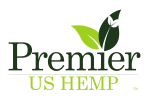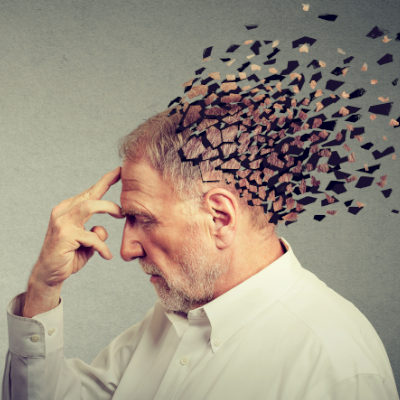CBD is a decarboxylation product of cannabiolic acid (CBDA), which shares a common biochemical pathway with THCA; both are derived from CBGA. Thus, varieties of cannabis with higher levels of CBD have lower levels of THC, and vice versa.
Naturally occurring in Cannabis sativa flowers for millennia, CBD partially blocks the psychoactive or impairing effects of THC. A surprisingly large body of evidence demonstrated that CBD was much more than an undesirable buzz killer.
What is the Difference Between Hemp & Marijuana?
- CBD or Cannabidiol is one of many naturally occurring phytocannabinoids found in cannabis plants.
- CBD products made from Hemp Extract are non-psychoactive, non-toxic, and well-tolerated.
- CBD products made from Hemp Extract are used in Nutritional Supplements, Natural Medicines, Skin Care, and Pet Products.
- CBD contains very low levels of THC (less than 0.3% on a dry weight basis) and very high levels of CBD. CBD products that contain 0.3% or less THC are considered OTC (over-the-counter) products.
- The use of CBD products that contain 0.3% or less THC does not require a medical marijuana card.
- Products made from marijuana are psychoactive, non-toxic, and well-tolerated.
- Marijuana contains very high levels of THC (greater than 0.3% on a dry-weight basis) and very low levels of CBD.
- The use of marijuana in most states requires a medical marijuana card.
The Endocannabinoid System
- The human body contains its own natural endocannabinoid system or ECS. The endocannabinoid system consists of endogenous cannabinoids and cannabinoid receptors (CB1 and CB2) as well as enzymes that break down cannabinoids.
- The ECS helps determines the way we process and utilize cannabinoids within the body both internally and topically.






